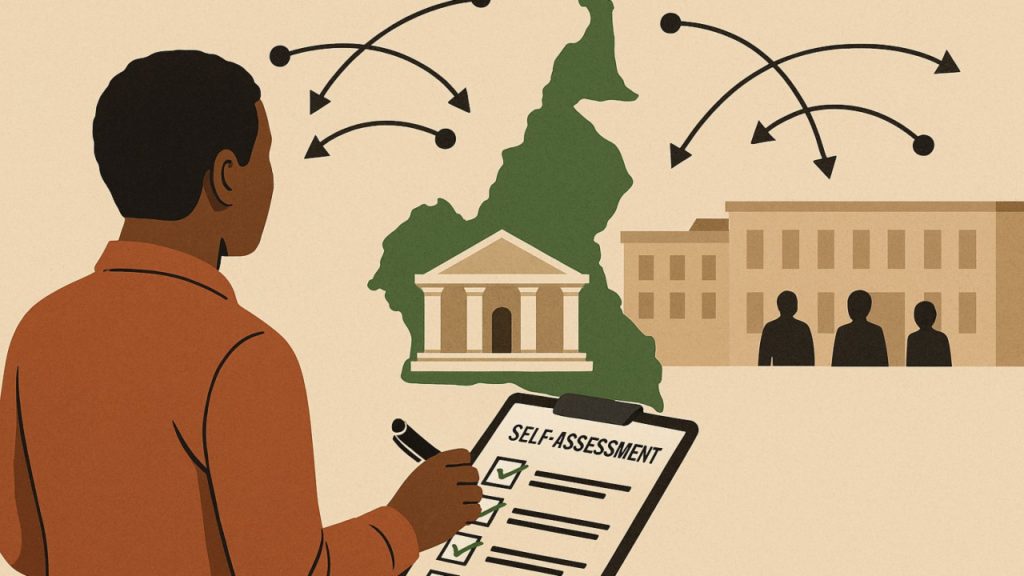6 Crucial Policy Reform Ideas That Could Redefine Governance
6 Crucial Policy Reform Ideas That Could Redefine Governance
Modern governments face unprecedented challenges — from technological disruption to climate change and social inequality. Policy reform is essential for creating transparent, efficient, and responsive governance.
Here are 6 crucial policy reform ideas that could redefine the way governments operate and improve the lives of citizens worldwide.
1. Enhance Government Transparency
Transparency is the foundation of trust. Policies that mandate open data, clear reporting, and accessible public records allow citizens to monitor government actions. When people can see decisions and spending clearly, accountability increases, reducing corruption and boosting public confidence.
2. Streamline Bureaucracy
Excessive bureaucracy slows decision-making and frustrates citizens. Reforming administrative processes through digital solutions, simplified regulations, and process audits can save time, reduce costs, and improve service delivery. A leaner, more efficient government benefits both policymakers and the public.
3. Implement Participatory Budgeting
Giving citizens a direct say in allocating public funds fosters engagement and prioritizes community needs. Participatory budgeting encourages local input, ensures transparency, and creates policies that reflect real priorities rather than purely political agendas.
4. Strengthen Electoral Systems
Policy reform can also improve how leaders are elected. Measures like ranked-choice voting, campaign finance transparency, and anti-gerrymandering initiatives make elections more fair and representative. Strengthening electoral systems reinforces democracy and ensures that policy decisions reflect citizens’ will.
5. Promote Evidence-Based Policymaking
Policies must be informed by data, research, and measurable outcomes. Governments that rely on evidence rather than ideology create more effective and sustainable solutions. This includes evaluating programs regularly, funding independent research, and adjusting policies based on proven results.
6. Prioritize Social Equity
Effective governance addresses inequality and promotes inclusion. Policies targeting healthcare, education, housing, and employment disparities ensure all citizens have opportunities to thrive. Equity-driven reforms not only reduce social tension but also strengthen economic growth and societal cohesion.
Practical Steps for Implementation
Audit Current Policies: Identify inefficiencies and gaps.
Engage Citizens: Conduct surveys and forums to inform reforms.
Leverage Technology: Digitize services and implement smart governance tools.
Monitor Outcomes: Establish metrics to evaluate policy success.
Promote Collaboration: Encourage partnerships between government, academia, and civic groups.
Why These Reforms Matter
These 6 policy reform ideas are not just theoretical — they address real-world problems like corruption, inefficiency, and inequality. Governments that adopt these reforms become more responsive, build trust with citizens, and adapt more effectively to emerging challenges.
Reform is not easy, but history shows that bold, evidence-based changes can transform societies for the better.
Conclusion
Policy reform is the backbone of strong governance. By enhancing transparency, streamlining bureaucracy, empowering citizens, and promoting equity, governments can redefine their effectiveness and legitimacy.
The future of governance depends on courage, innovation, and citizen involvement. Implementing these 6 crucial policy reform ideas can create a system that is fairer, smarter, and more resilient — for everyone.
Extra Insights After Conclusion (Without Main Keyword)
Stay Informed: Citizens must understand policy impacts to hold leaders accountable.
Engage Locally: Community involvement strengthens national governance.
Support Innovation: Encourage governments to adopt technology-driven solutions.
Promote Civic Education: Knowledgeable citizens make better decisions.
Inspiration Break: Explore global success stories on platforms like moviefil.com for innovative ideas applied worldwide.
The Pulse of Politics

The Role of Artificial Intelligence in Shaping Public Policy
The Role of Artificial Intelligence in Public Policy explores how AI shapes governance, boosts decision-making, and drives efficient, ethical solutions.

The United Kingdom’s Post-Brexit Foreign Policy & Challenges
The United Kingdom’s Post-Brexit Foreign Policy & Challenges examines how the UK navigates trade, security, and diplomacy in a new global era.

Organizing a Community Clean-Up A Guide to Civic Engagement
Youth Voices in Civic Engagement explores trends, impact, and how young citizens are shaping communities and influencing democratic processes.

Decentralization and Its Impact on Local Governance
Youth Voices in Civic Engagement explores trends, impact, and how young citizens are shaping communities and influencing democratic processes.










